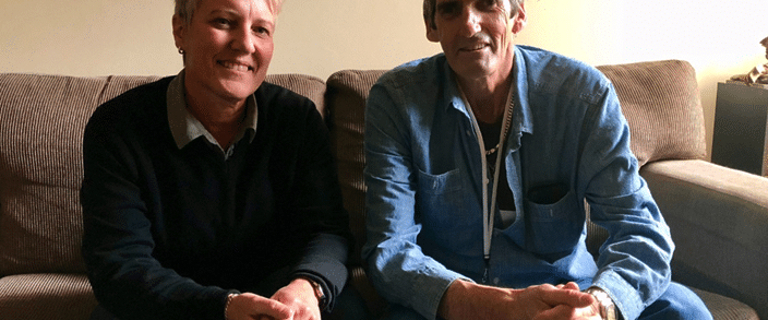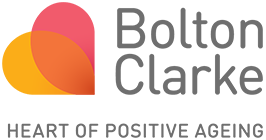Homelessness can make you sick

Homelessness is enough to make you sick, with people who are sleeping rough or in insecure accommodation more likely to have health issues and experience accelerated ageing.
Finding successful ways to engage with clients is the key to successful outreach, Bolton Clarke Homeless Persons Program’s Mary-Anne Rushford told the Social Justice in Nursing and Healthcare Conference in Melbourne on 30 July.
Research shows effective approaches combine persistent engagement, practical assistance, self-determination and access to permanent housing.
Ms Rushford said more than 105,000 people were homeless in Australia, with one in 200 homeless on any given night.
Melbourne research conducted in 2013 showed 43 per cent of 124 rough sleepers had attended accident and emergency three times or more in the previous year with more than 70 per cent affected by a serious medical condition.
“Homelessness results in significant social and economic costs not just to individuals and families, but also to communities and the nation as a whole,” she said.
“On an individual level it makes it difficult to maintain school or further study and leaves people vulnerable to long-term unemployment and ill-health.”
Barriers to accessing health services include stigmatisation and exclusion, inability to navigate the service system, the lack of flexibility in traditional medical appointments and limited drop-in services, a lack of outreach services and a poor understanding of the social determinants of health.
“Homeless people are often affected by chronic disease, poor dental health and nutritional status, vision impairment and infestation disorders.
“They are more likely to suffer injuries, wounds, assaults and fractures, leg ulcers, skin infections, foot problems, diabetes, epilepsy and respiratory illness, liver disease and mental illness, drug and alcohol issues and cognitive impairment.
“We also know they are less likely to use medication as prescribed or to participate population screening programs.”
She said an assertive outreach approach working closely with local providers from co-located sites had helped the HPP achieve positive outcomes for clients.
“Assertive outreach entails actively seeking out and engaging with clients in their own environment rather than waiting for a person to request a service or an organisation to make a referral.
“Our outreach depends on hosting clinics at venues where clients feel comfortable, responding to the client’s primary needs, being visible in areas and drop-in centres visited by homeless people and being available, patient and non-judgmental.”
Bolton Clarke’s HPP has 45 community health nurses and 5 HIV nurses who support around 1000 clients and delivered more than 9,300 visits in the past year.
The organisation also provides subsidised accommodation, including rental options, across its retirement living and residential aged care communities.
Homelessness Week will run from August 4-10.

